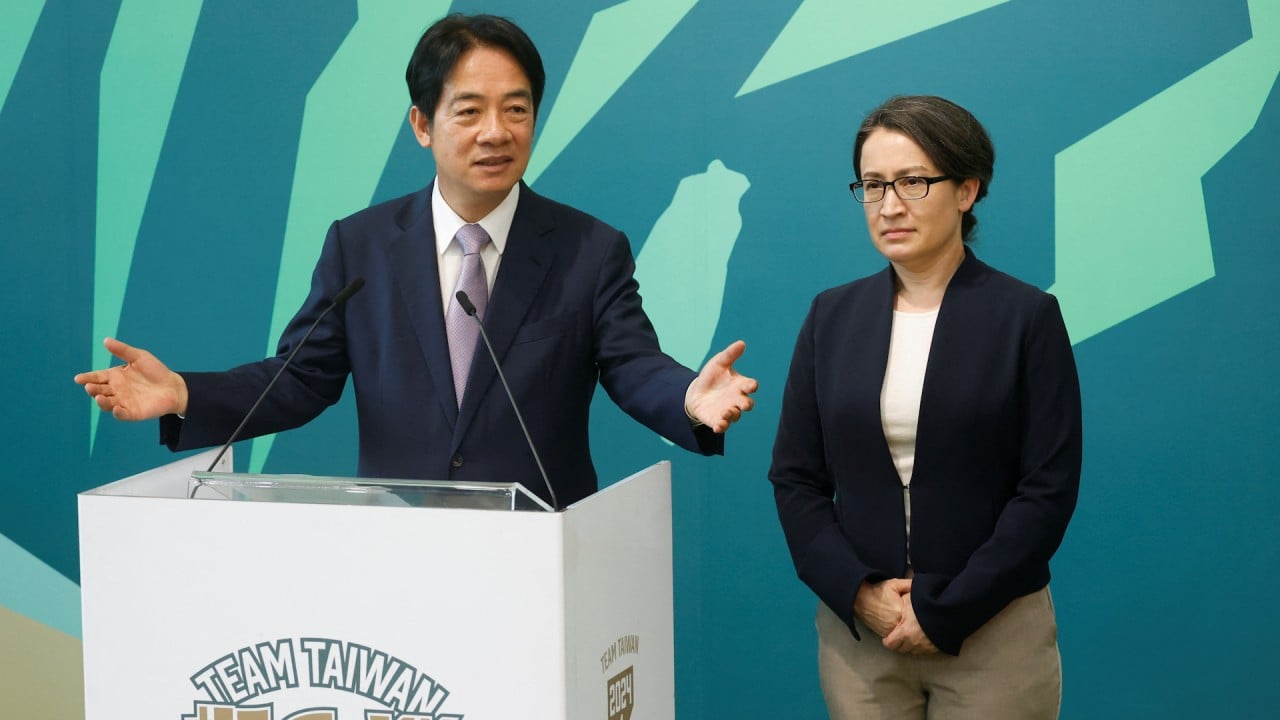“More broadly, we need to think about how we can, and what tools we need, to help maintain the status quo.”
Cui’s comment and Xi’s remarks were “the opposite sides of the same coin”, Blanchette said, adding that the US sometimes undertook political moves about Taiwan that were “unhelpful” and “destabilised” the situation.
Blanchette pointed out that some of the worst military crises in the Taiwan Strait, such as the 1996 missile crisis after then president Lee Teng-hui’s visit to the US and Pelosi’s visit in August 2022, were triggered by political actions by US government officials resulting in angry responses by Beijing.
“There are also times where the United States needs to talk less, take fewer actions that are more symbolic, and instead focus on the substance of being,” Blanchette said.
Placing some of the blame on Beijing, Blanchette added that the mainland Chinese government was “doing a very bad job” in convincing the people of Taiwan that unification might be in their interest, or that formal negotiations on an ultimate reconciliation might be constructive.
To think that Beijing had a timetable to take back Taiwan was a “rampant misperception” held by many in Washington, while on the Beijing side, the misperception was that the US is basically pushing mainland China to go to war on Taiwan, said Liu Yawei, senior adviser on China at the Carter Centre in Emory University in the US.
“It takes two to tango, but it really takes three to prevent war from taking place,” Liu said at the forum.
Alexander Huang, a Washington-based representative of Taiwan’s main opposition party, the Kuomintang – or KMT – also played down the likelihood of a near-term military attack on Taiwan by mainland forces.
Beijing has other urgent issues besides Taiwan, including a slowing domestic economy, and has many items in its toolkit on cross-strait relations apart from the military option, he said.
Hence, Huang said, it would serve Beijing’s interest to slow down the strategy competition with the US, and lower the temperature across the Taiwan Strait.
However, Huang added, while Xi was unlikely to seek an immediate war over Taiwan, he had taken a “strangulation strategy” and would need to show some advancement on the national reunification process as he had stated and prove he had achieved something in his third term, which ends in 2027.








